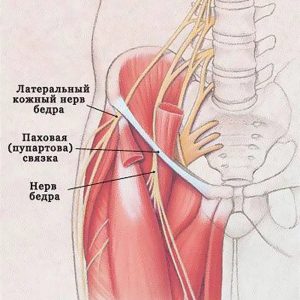An estimated 10 percent of Americans ages 18 and older report having depression, according to the American Heart Association.
For heart attack patients, that figure more than triples: 33 percent of them develop some degree of depression.
And while depression can follow the onset of cardiovascular disease, the chain of events also may happen in reverse.
“It’s very complicated,” says Michelle Riba, M.D., a clinical professor of psychiatry and an associate director of the Comprehensive Depression Center at Michigan Medicine. “Almost every major cardiac condition has psychological issues that need to be addressed.”
Which is why monitoring a heart patient’s mental health is just as important as treating his or her physical condition, experts agree.
According to research in the Journal of the American Heart Association, persistent depression may double the risk of stroke in adults ages 50 and older. What’s more, recent research in Circulation: Cardiovascular Quality and Outcomes reports that the combination of stress and depression can significantly increase a heart patient’s risk of death or heart attack.

Symptoms and support
“A patient who receives a heart disease diagnosis is likely to feel anxiety or depression, depending on the diagnosis and the treatment,” says Riba, adding that different types of heart disease can lead to different types of depression or anxiety.
“Each carries a unique psychiatric issue for individual patients,” she says. “For example, a patient who faces the challenges of living with an implantable cardioverter defibrillator may have anxiety about the device being activated and how that will feel.”
Other bodily changes might cause emotional shifts.
Some cardiac patients may no longer be able to do the things that once were part of their stress-reduction routine, such as running or other physical activities. Not only are they now unable to relieve stress with their usual coping mechanisms, but they could also feel anxiety about their health and their diminished capacity to exercise.
Even medication can play a role: “The drugs used to treat many heart-related diseases are also known to potentially exacerbate depression or anxiety in some patients,” Riba says. “We need to be aware of which medications are better in treating certain types of heart disease.”
Doctors, she notes, must take a personalized approach with each patient, determining “what will work best for him or her in the way of medication and/or forms of psychotherapy.”
Patients, meanwhile, must also keep their physicians informed of any notable changes in mood throughout recovery.
“A patient should ask for help for their depression, anxiety or other psychological conditions,” Riba says. “We hope that with more education and support, patients will feel comfortable discussing their emotional issues with their clinicians.”




Great web site. Lots of useful info here. I抦 sending it to some friends ans also sharing in delicious. And certainly, thanks for your sweat!
It is the best time to make some plans for the future and it’s time to be
happy. I’ve read this post and if I could I wish to suggest you some interesting things or
suggestions. Maybe you could write next articles referring to this
article. I desire to read more things about it!